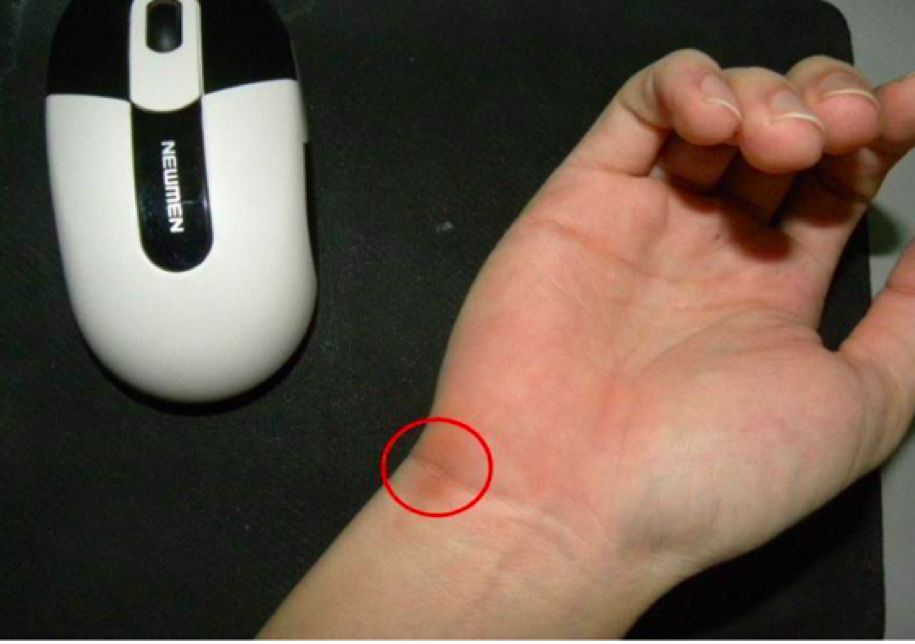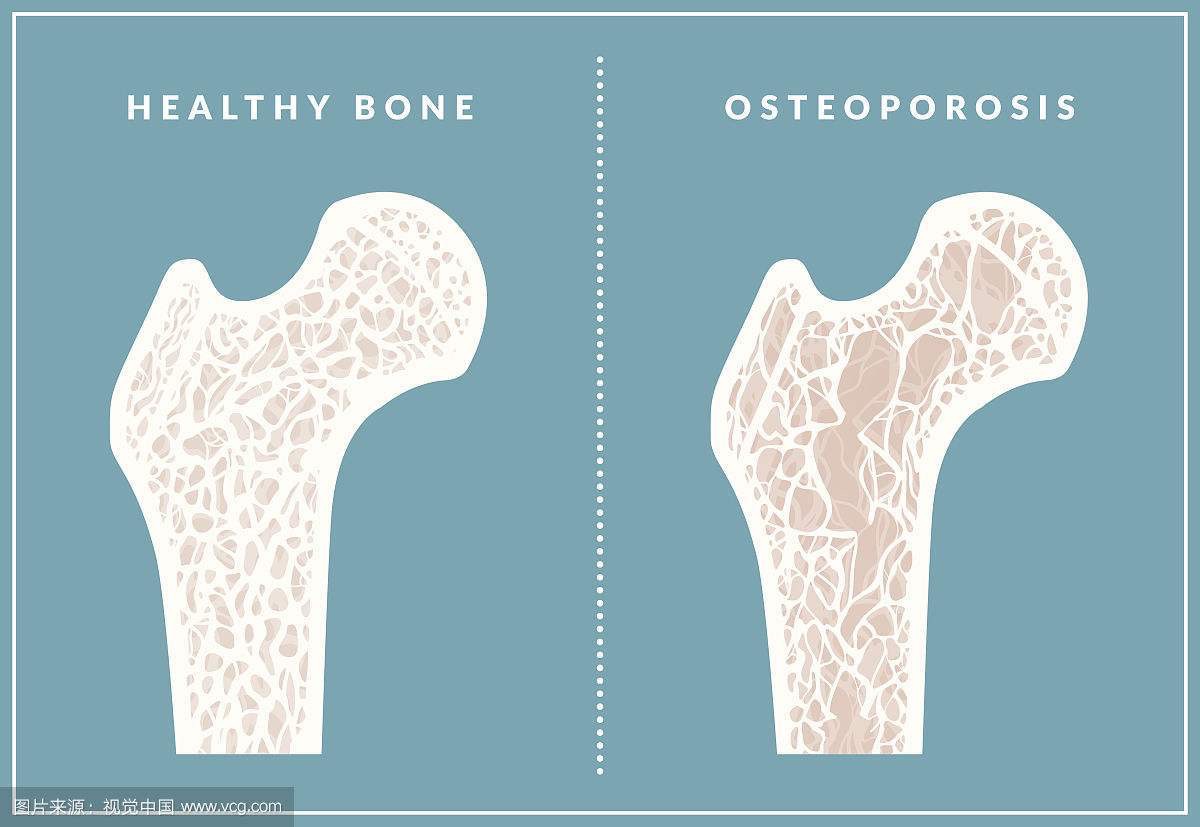Snoring may sound like a minor problem in your life, but in reality, it can quietly erode your health. So, don't underestimate snoring, it is a sleep killer! In fact, some friends do not know whether they snore when they sleep, it is very simple, here are a few symptoms that you can test yourself first:
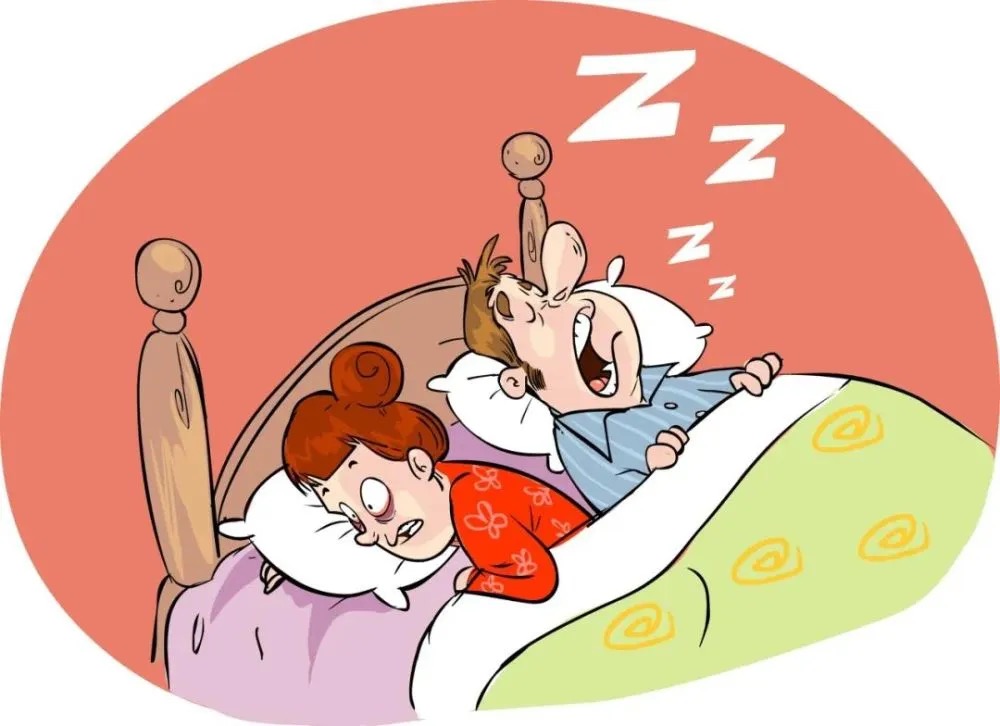
1. If you feel that your brain is still active at bedtime and you do not feel sleepy
2. woken up suddenly during sleep
3. whether you have an increase in nocturnal urination
4. whether you have a headache, dry mouth and sore throat every time you wake up
5. during the daytime, you are often drowsy, tired, and have poor concentration and memory loss.
Firstly, the cardiovascular system is the engine of our body and snoring will affect its normal work. Once these diseases strike, serious cases may even experience sudden death, bringing threats to life safety. Next is the respiratory system. Snoring may lead to respiratory failure and further aggravate the symptoms of asthma. For patients who are already suffering from asthma, snoring may add to their condition. In terms of the nervous system, snoring affects the supply of oxygen to the brain, making people feel sleepy, unable to concentrate and suffer from memory loss.
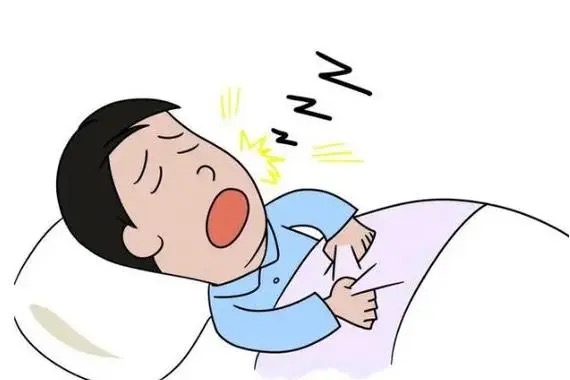
Prolonged lack of oxygen to the brain may cause damage to cognitive function and even lead to serious consequences such as cerebrovascular disease. In addition, snoring may affect the normal functioning of the endocrine system, leading to diseases such as hyperglycaemia, lipid metabolism disorders and metabolic syndrome. Once these diseases appear, they may hurt the overall health of the patient. Finally, in the genitourinary system, snoring may lead to diseases such as enuresis, increased nocturia, and sexual dysfunction. The occurrence of these disorders may affect the quality of the patient's daily life.
So don't panic, some of our readers who snore, many of whom ask the question "Does snoring always need treatment? Dear readers, whether snoring needs treatment or not is not a simple question. The answer will vary from person to person, and the doctor will need to make a judgement based on the patient's specific condition. So, if you have concerns about your snoring, the best advice is to consult a medical professional as soon as possible.
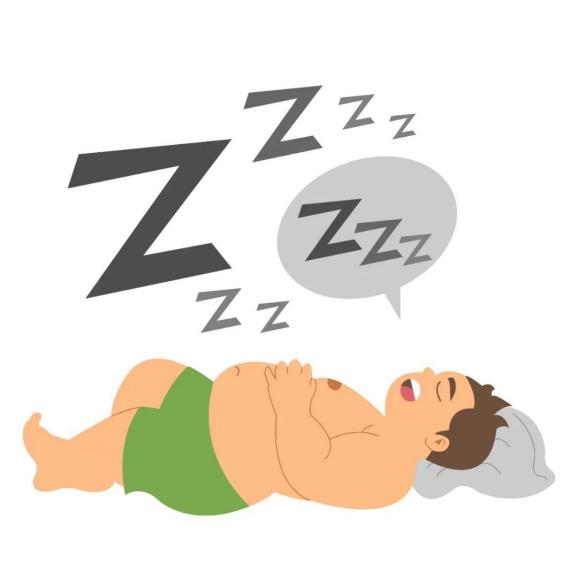
Your doctor will begin with a thorough assessment of your condition, which may include performing a series of physical exams, such as a physical examination of the mouth, nose, throat and larynx, or even an endoscopy. One very important part of this is sleep apnea monitoring. This test, which can be performed while you sleep, allows your doctor to see how often you have apnoea or hypoventilation during the night, as well as your blood oxygen levels. snoring is serious and whether treatment is needed.
Overall, the possible dangers of snoring should not be underestimated. We cannot afford to ignore the problem, nor can we hope to self-medicate or leave it to chance.Hopefully, we can all have a healthy night's sleep and be energised to take on the day!
